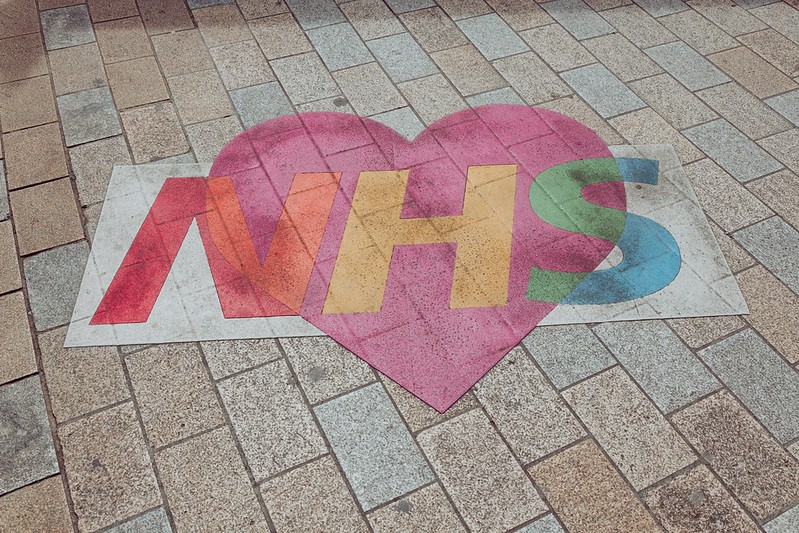
The George Cross medal, awarded to the NHS in England last year by the late Queen, is set to tour the nation from July, the head of the NHS announced today.
As part of the NHS birthday celebrations, the UK’s highest civilian gallantry medal will be displayed in Science Museums across England, after it was bestowed on staff for their exceptional efforts, particularly during the pandemic.
It was only the third time ever in British history the medal has been granted to an organisation for an act of great heroism.
NHS Chief Executive, Amanda Pritchard and May Parsons, a matron for respiratory services who delivered the world’s first approved COVID vaccination, received the honour on behalf of the NHS by Her Majesty Queen Elizabeth II at a ceremony in Windsor Castle last July.
Now, to mark the milestone 75th anniversary, the cross, which is currently kept at Windsor Castle, will go on tour to allow staff and patients to view the historic accolade.
From Thursday 6 July, the medal will be on display at the iconic Science Museum in London as a temporary addition to Medicine: The Wellcome Galleries, the world’s largest museum devoted to the history of medical healthcare.
The medal will be able to be viewed in the Science and Industry Museum in Manchester from February 2024 before going to the National Science and Media Museum in Bradford from July. It will then visit the South West in 2025, with the venue to be confirmed in due course.
The George Cross award recognises the “courage, compassion and dedication” of NHS staff and volunteers, during the pandemic as well as the work of the NHS since it was established in 1948.
Announcing the tour, Amanda Pritchard, Chief Executive of the NHS in England said: “For 75 years, NHS staff have served our country – this year’s anniversary is an opportunity to reiterate our thanks to them, as well as to celebrate the history and achievements of the NHS, from the first organ transplants through to mass vaccination programmes which have saved thousands of lives.
“We were honoured to receive the George Cross from the late Queen on behalf of the NHS and I am delighted that – through our partnership with the Science Museum Group – NHS staff, volunteers and local communities will get to see the medal up close.”
May Parsons, a matron for respiratory services at Buckinghamshire Trust who delivered the world’s first COVID vaccination in December 2020, said: “I was humbled and honoured to receive the George Cross, alongside Amanda, on behalf of the NHS and I am delighted it will be going on a tour during the NHS’s 75th year for staff, volunteers and the public to see.
“The George Cross is a truly fitting tribute to thousands of NHS staff and volunteers who went above and beyond during the pandemic and continue to do so every day”.
Natasha McEnroe, Keeper of Medicine, Science Museum said: “It is a real honour to display The George Cross in our museums in recognition of the dedication of NHS staff caring for patients during the pandemic and to this day.
“Visitors to the Science Museum will see The George Cross beside items celebrating the NHS’s 75-year history and nearby objects collected during the pandemic to represent the impact of COVID-19 on our lives.”
The award’s official citation praised staff for their fight against Covid in what it called “the greatest public health emergency in the organisation’s history”.
Chris Bell, paramedic and Team Leader with Yorkshire Ambulance Service, who attended the first COVID patient in the UK, said: “When we attended those patients in York in January 2020, none of us knew what was about to unfold as the COVID pandemic hit – our priority was to treat those patients just as we would any other.
“Uncertainty is part of our job, responding to patients when they need us – it’s something that the ambulance service and NHS does every day and it is something that I am very proud to be a part of.”
The award, created in 1940, sits at the top of the UK honour’s system joint with the military Victoria Cross and is the highest civilian gallantry award. It is given for acts of the greatest heroism or of the most conspicuous courage in circumstances of extreme danger.
The decision to award it to the NHS was only the third time the George Cross has been given to a collective body, rather than an individual. It was previously awarded to Malta in 1942 and to the Royal Ulster Constabulary in 1999.



































